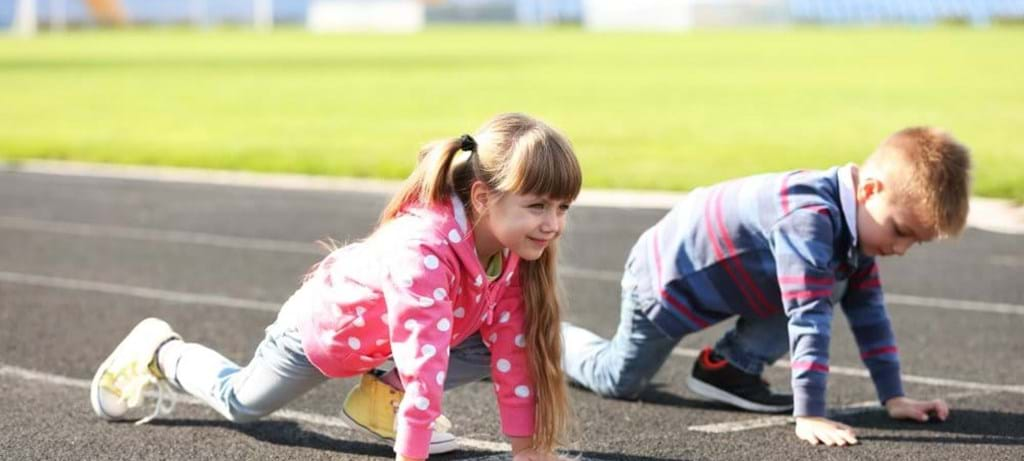
How Important Are Fundamental Movement Skills For Kids?
As parents, it’s all too easy for us to focus on the academic achievements of our children yet overlook the importance of physical activity and movement skills. But is this costly? Fundamental movement skills are essential for kids as they lay the foundation for an active lifestyle, long-term health, and more complex skills.
We’re taking a closer look at what fundamental movement skills are and how we can encourage their development through sports activities with kids.
What Are Fundamental Movement Skills?
Fundamental movement skills are basic movements that involve different body parts such as the arms, legs, and torso. These are the sort of movements that are involved with a number of kids’ sports and athletics, including running, jumping, hopping, skipping, throwing, catching, and kicking. Developing these skills helps children to move confidently and efficiently, which can be essential for physical activity and sports throughout their lives.
For the most part, children will learn these skills through play and exploration during their early years, but there’s still more we can do to ensure their development. Our funetics summer holiday camps are just one of many fun and inclusive ways for children to pick up these skills.
Why Are Fundamental Movement Skills Important?
- Health and fitness – Fundamental movement skills are key for a child’s overall physical health and fitness. Kids who have mastered these skills are more likely to take part in regular physical activity later in their lives, which in turn can improve cardiovascular health, strength, and flexibility.
- Physical development – Children with a good foundation of movement skills are also more likely to excel in physical activities, including kids’ athletics and sports, as well as being less likely to get injured while playing.
- Social development – Learning these fundamental movement skills can help children to develop important social skills such as communication and teamwork. These are valuable for overall social development and can be of great benefit throughout their lives.
- Cognitive development – Fundamental movement skills are also powerful for cognitive function. Studies have shown that regular engagement in sports activities for kids can lead to improved attention spans, memory, and academic performance.
How Can Parents Encourage These Skills?
At funetics, our aim is to create fun, safe environments for children to pick up and develop these movement skills. We’ve learned a pointer or two ourselves along the way, so we’ve included our top advice below:
- Encourage play – Participation in different sports activities for kids, such as running, jumping, and throwing, is an essential part of learning these movement skills and can be picked up through fun and engaging play at home.
- Be a role model – Children learn from the adults around them. Parents can be good role models by taking part in physical activities and sports themselves, and by encouraging their children to join them.
- Provide opportunities – Allow children access to different and interesting physical activities such as swimming, cycling, or martial arts, as these all help to develop a range of movement skills. Or how about introducing them to running clubs for kids?
- Keep it fun – Children will always be more likely to engage in any activity if it’s fun! Make kids’ sports more enjoyable by involving games and challenges that involve physical movement. If you’re looking for ideas, check out our guide for creating your own Commonwealth Games-inspired activities here!
Are you interested in learning more about fundamental movement skills for your kids, or would like to know how funetics could support children in your area? Our funetics Summer Holiday Camps are dedicated to sports activities for kids during school holidays, while our funetics funding toolkit supports schools in obtaining their own funding. Get in touch and we’ll be more than happy to discuss what we can do with you!